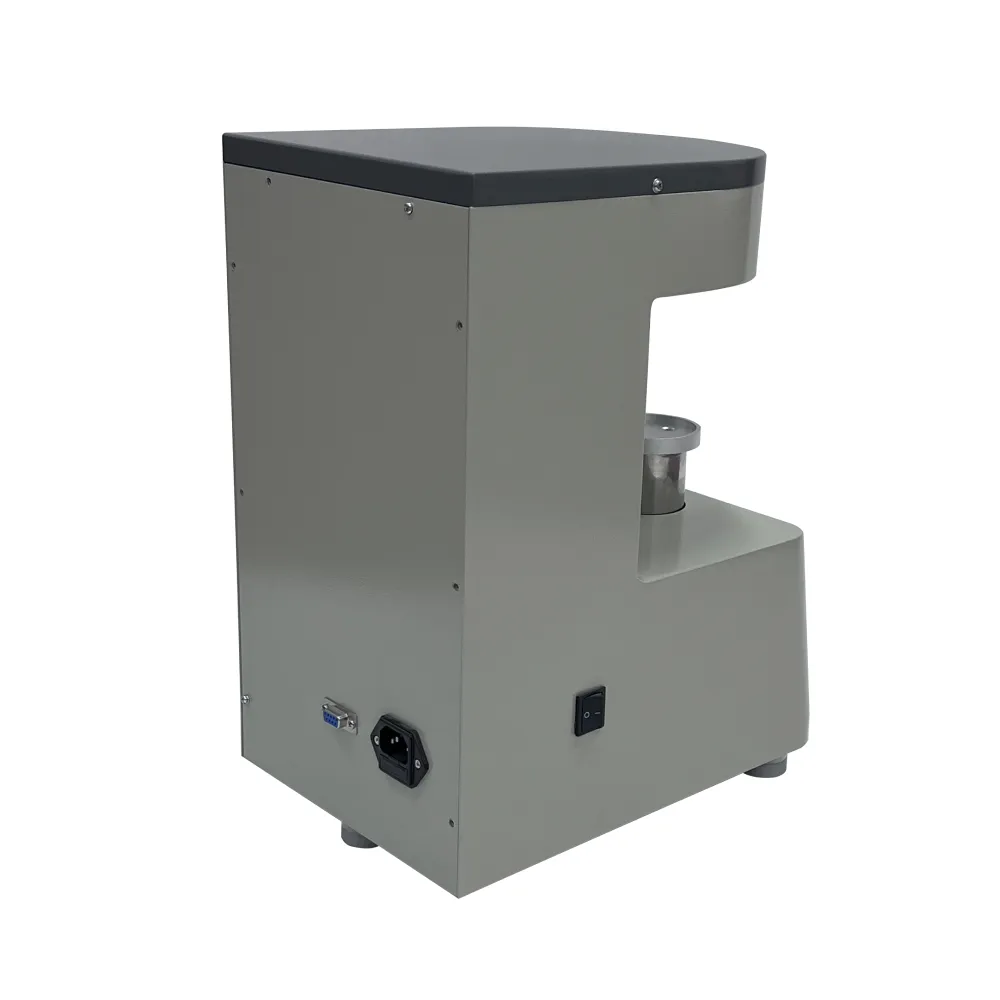 English
English



-
 Afrikaans
Afrikaans -
 Albanian
Albanian -
 Amharic
Amharic -
 Arabic
Arabic -
 Armenian
Armenian -
 Azerbaijani
Azerbaijani -
 Basque
Basque -
 Belarusian
Belarusian -
 Bengali
Bengali -
 Bosnian
Bosnian -
 Bulgarian
Bulgarian -
 Catalan
Catalan -
 Cebuano
Cebuano -
 China
China -
 China (Taiwan)
China (Taiwan) -
 Corsican
Corsican -
 Croatian
Croatian -
 Czech
Czech -
 Danish
Danish -
 Dutch
Dutch -
 English
English -
 Esperanto
Esperanto -
 Estonian
Estonian -
 Finnish
Finnish -
 French
French -
 Frisian
Frisian -
 Galician
Galician -
 Georgian
Georgian -
 German
German -
 Greek
Greek -
 Gujarati
Gujarati -
 Haitian Creole
Haitian Creole -
 hausa
hausa -
 hawaiian
hawaiian -
 Hebrew
Hebrew -
 Hindi
Hindi -
 Miao
Miao -
 Hungarian
Hungarian -
 Icelandic
Icelandic -
 igbo
igbo -
 Indonesian
Indonesian -
 irish
irish -
 Italian
Italian -
 Japanese
Japanese -
 Javanese
Javanese -
 Kannada
Kannada -
 kazakh
kazakh -
 Khmer
Khmer -
 Rwandese
Rwandese -
 Korean
Korean -
 Kurdish
Kurdish -
 Kyrgyz
Kyrgyz -
 Lao
Lao -
 Latin
Latin -
 Latvian
Latvian -
 Lithuanian
Lithuanian -
 Luxembourgish
Luxembourgish -
 Macedonian
Macedonian -
 Malgashi
Malgashi -
 Malay
Malay -
 Malayalam
Malayalam -
 Maltese
Maltese -
 Maori
Maori -
 Marathi
Marathi -
 Mongolian
Mongolian -
 Myanmar
Myanmar -
 Nepali
Nepali -
 Norwegian
Norwegian -
 Norwegian
Norwegian -
 Occitan
Occitan -
 Pashto
Pashto -
 Persian
Persian -
 Polish
Polish -
 Portuguese
Portuguese -
 Punjabi
Punjabi -
 Romanian
Romanian -
 Russian
Russian -
 Samoan
Samoan -
 Scottish Gaelic
Scottish Gaelic -
 Serbian
Serbian -
 Sesotho
Sesotho -
 Shona
Shona -
 Sindhi
Sindhi -
 Sinhala
Sinhala -
 Slovak
Slovak -
 Slovenian
Slovenian -
 Somali
Somali -
 Spanish
Spanish -
 Sundanese
Sundanese -
 Swahili
Swahili -
 Swedish
Swedish -
 Tagalog
Tagalog -
 Tajik
Tajik -
 Tamil
Tamil -
 Tatar
Tatar -
 Telugu
Telugu -
 Thai
Thai -
 Turkish
Turkish -
 Turkmen
Turkmen -
 Ukrainian
Ukrainian -
 Urdu
Urdu -
 Uighur
Uighur -
 Uzbek
Uzbek -
 Vietnamese
Vietnamese -
 Welsh
Welsh -
 Bantu
Bantu -
 Yiddish
Yiddish -
 Yoruba
Yoruba -
 Zulu
Zulu
oil moisture meter
Understanding the Oil Moisture Meter A Key Tool in Industry
In various industries, especially in food processing, pharmaceuticals, and manufacturing, moisture content plays a crucial role in ensuring product quality and longevity. One of the essential instruments used to measure moisture content, particularly in oil-based products, is the oil moisture meter. This device allows manufacturers and quality control experts to accurately determine the moisture levels present in oils, which is vital for maintaining product integrity and compliance with industry standards.
The oil moisture meter operates on the principle of dielectric measurement. This method is based on the fact that moisture has a significant effect on the dielectric constant of materials. As water is introduced into an oil, the dielectric constant increases; therefore, by measuring this change, the meter can quantify the moisture content present in the sample. Most oil moisture meters are portable and easy to use, making them ideal for both laboratory and field applications.
One of the primary reasons to monitor moisture levels in oils is the impact it has on the food industry. Oils with high moisture content can lead to spoilage, rancidity, and the growth of harmful microorganisms. Preventing moisture contamination is essential, as it not only ensures the safety of the product but also extends its shelf life. For instance, in cooking oils, excess moisture can promote the formation of off-flavors and odors, making the product less appealing to consumers.
oil moisture meter

In the manufacturing sector, particularly in the production of lubricants and hydraulic oils, maintaining appropriate moisture levels is crucial
. Water in oils can cause significant issues, such as corrosion, reduced lubricity, and increased wear on machinery. Consequently, regular monitoring with an oil moisture meter can help manufacturers detect potential problems before they result in costly equipment failure or operational downtime.Oil moisture meters are not limited to industrial applications; they are also widely used in research and development settings. In laboratories, scientists may utilize these devices to study the effects of moisture on various oils, helping to develop new formulations or improve existing products. Furthermore, oil moisture meters can assist in quality assurance processes, ensuring that every batch produced meets specific moisture content standards.
When selecting an oil moisture meter, several factors should be considered. Accuracy and precision are paramount, as even slight deviations in moisture content can lead to significant quality issues. Additionally, the range of measurement is important; certain applications may require detecting very low moisture levels, while others may focus on higher concentrations. Portability and ease of use are also essential, especially for teams that conduct measurements in the field.
In conclusion, the oil moisture meter is an indispensable tool across various industries, playing a critical role in ensuring the quality and safety of oil-based products. By providing accurate and timely moisture readings, it helps manufacturers and quality control teams prevent spoilage, equipment damage, and compliance issues. As technology advances, we can expect further improvements in moisture measurement techniques, leading to even greater efficiency and reliability in moisture monitoring practices. Ultimately, embracing such tools will empower industries to maintain high standards and meet the evolving demands of consumers and regulatory bodies alike.
-
Testing Equipment Industry Sees Major Advancements in 2025: Smart & Precision Technologies Lead the WayNewsJun.06,2025
-
Applications of Direct Current Generators in Renewable Energy SystemsNewsJun.05,2025
-
Hipot Tester Calibration and Accuracy GuidelinesNewsJun.05,2025
-
Digital Circuit Breaker Analyzer Features and BenefitsNewsJun.05,2025
-
Benefits of Real-Time Power Quality Monitoring Devices for Industrial EfficiencyNewsJun.05,2025
-
Earth Fault Loop Testing in High-Rise Building Electrical SystemsNewsJun.05,2025



